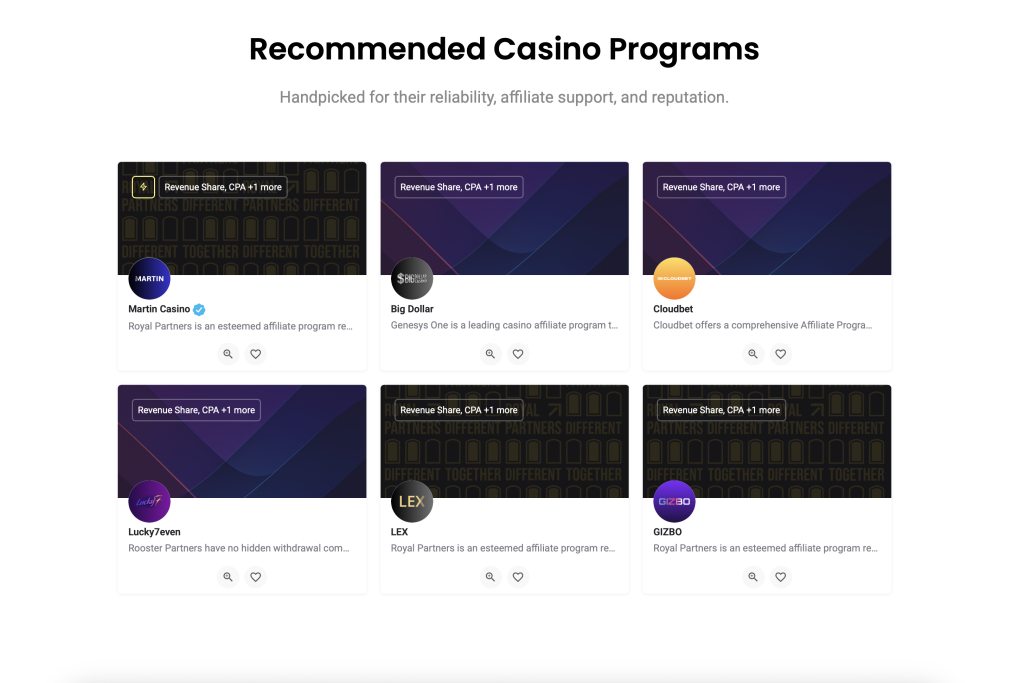The Importance of Third-party Testing for Fair Play in Online Gaming

The Importance of Third-party Testing for Fair Play in Online Gaming
Online gaming, encompassing casinos, sports betting, and various other forms of gambling, relies on the trust of players to thrive. One of the cornerstones of this trust is the assurance of fair play. In this article, we will explore the critical role of third-party testing in ensuring fair play in online gaming, discussing the significance of independent audits, Random Number Generator (RNG) testing, and the broader implications for player trust and the integrity of the gaming industry.
1. Ensuring Game Fairness
Online gaming operators use complex software and algorithms to determine game outcomes. To guarantee fairness, these algorithms must be rigorously tested to ensure they provide truly random results. Third-party testing agencies specialize in verifying the fairness of these algorithms through RNG testing, which assesses the unpredictability and randomness of game outcomes.
2. Independent Audits
Third-party testing agencies are independent organizations that have no financial stake in the gaming industry. This independence is crucial to their credibility. When they conduct audits, their findings are unbiased and impartial. They evaluate the software used by gaming operators to confirm that it complies with industry standards and provides fair game outcomes.
3. Verification of Payout Percentages
One of the primary ways players judge the fairness of online games is through payout percentages. These percentages indicate the proportion of wagers that a game returns to players over time. Third-party testing ensures that these figures are accurate and not manipulated to the advantage of the operator.
4. Protection Against Cheating and Fraud
Third-party testing acts as a safeguard against cheating and fraud in online gaming. By rigorously evaluating the software used by operators, testing agencies help prevent unauthorized access to games and the manipulation of outcomes, ensuring that players have a level playing field.
5. Building Player Trust
Player trust is paramount in the online gaming industry. When players see that an operator’s games have been independently tested and certified, they are more likely to trust the platform. This trust can lead to increased player loyalty and engagement.
6. Industry Reputation
The integrity of the gaming industry as a whole is at stake. Instances of unfair play, cheating, or rigged games can tarnish the reputation of the entire industry. Third-party testing helps maintain the industry’s reputation by ensuring that operators adhere to strict fairness standards.
7. Regulatory Compliance
Many regulatory bodies require online gaming operators to undergo third-party testing as part of their licensing and compliance obligations. These regulations exist to protect players and maintain the fairness and integrity of the industry.
Conclusion
The importance of third-party testing for fair play in online gaming cannot be overstated. It is a critical component in building and maintaining trust among players, operators, and regulatory bodies. Independent audits and RNG testing provide assurance that games are fair and unbiased, protecting players from fraud and ensuring the integrity of the gaming industry.
For online gaming operators, investing in third-party testing is not only a regulatory requirement but also a strategic decision to enhance their reputation, build player trust, and thrive in a competitive market. As the industry continues to evolve, third-party testing will remain an essential element of fair play, transparency, and trustworthiness in online gaming.
Comments
You must be logged in to leave a review.


